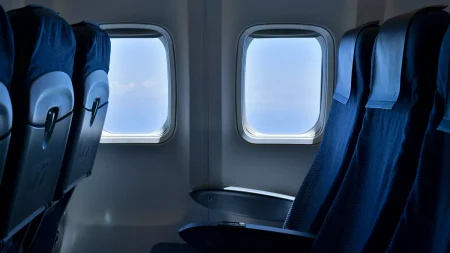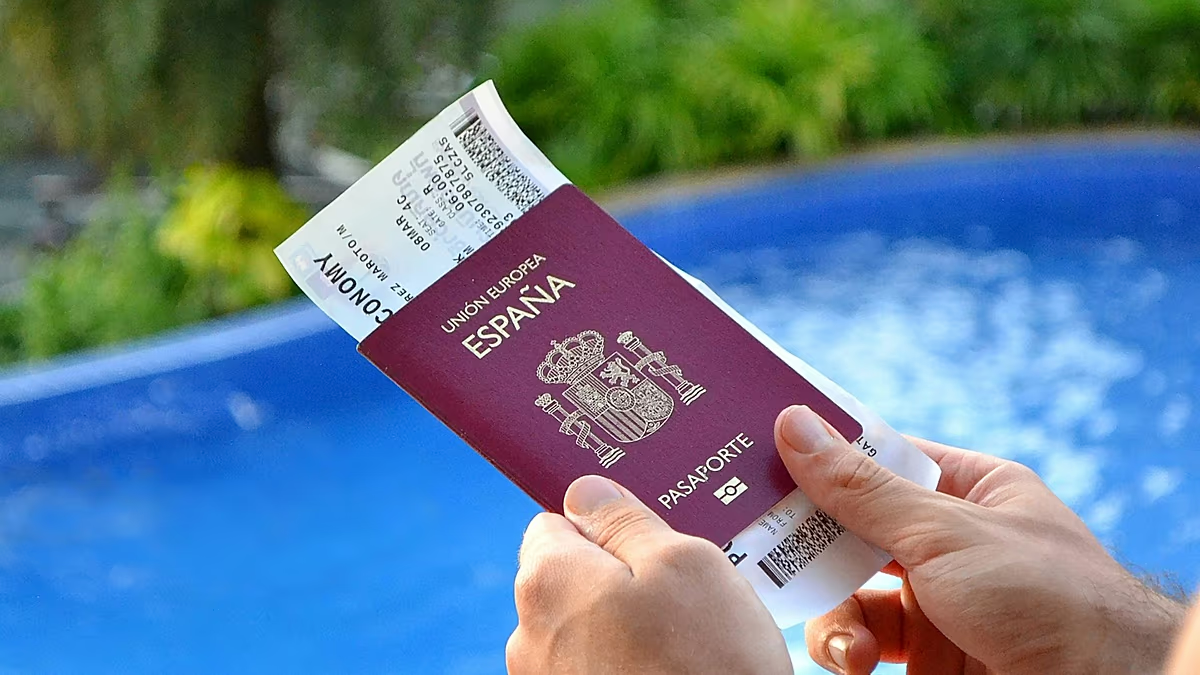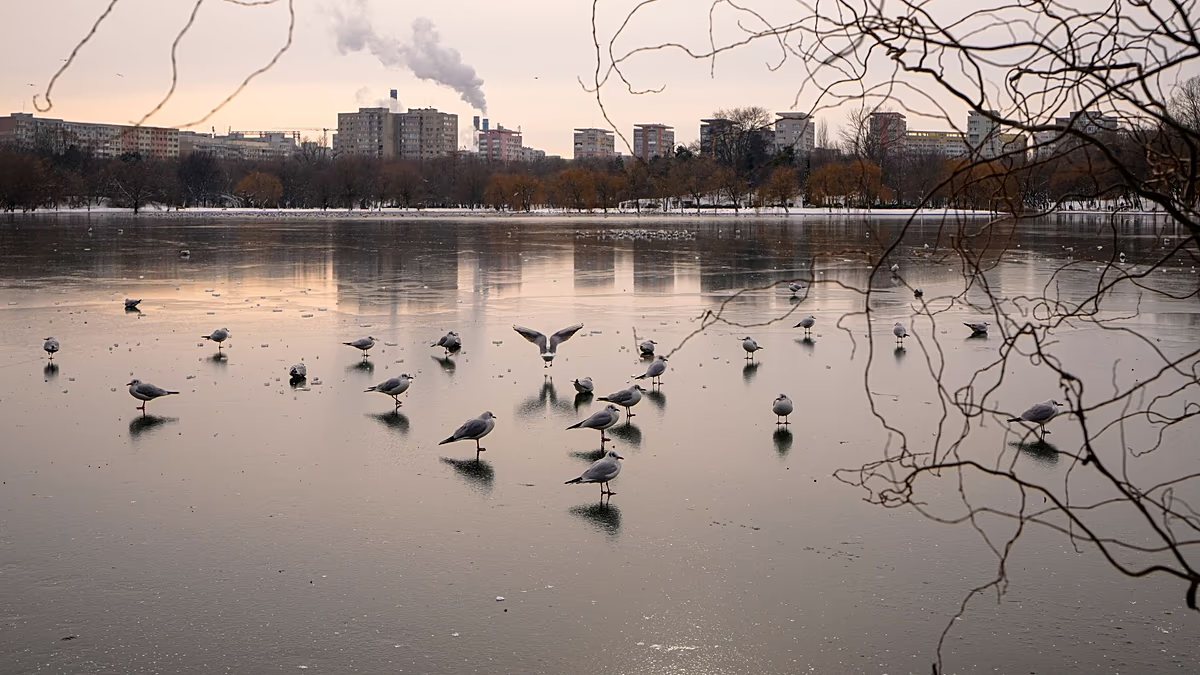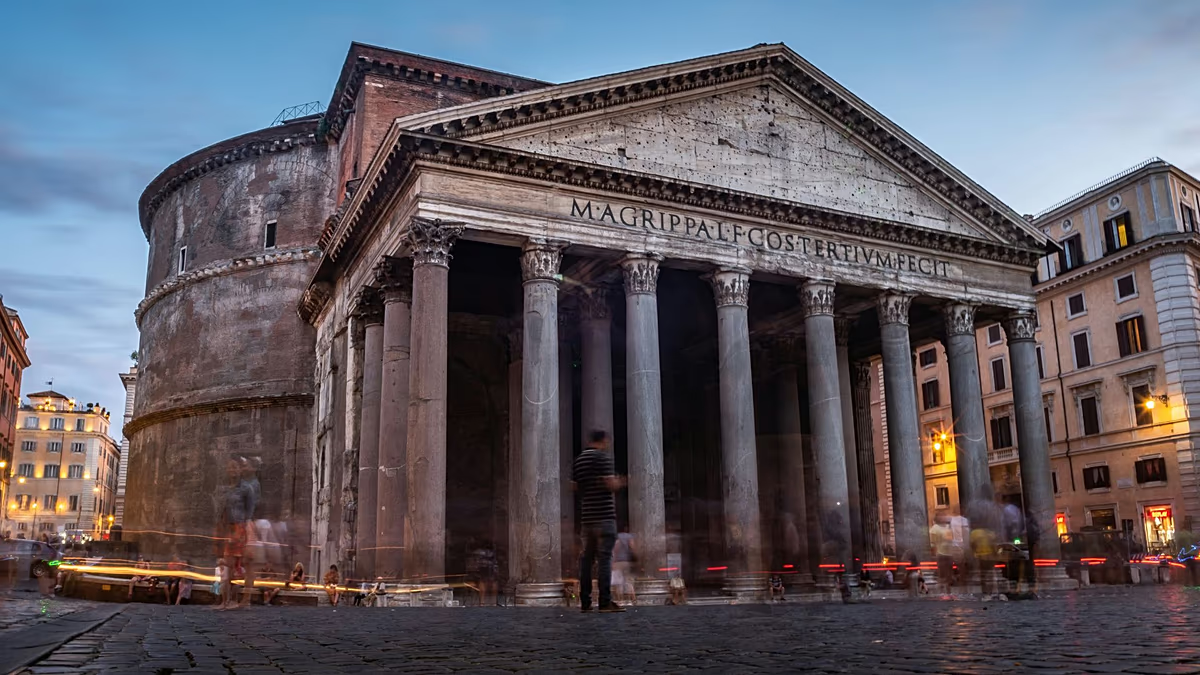Global Summit Returns to Europe: WTTC Gathers in Post-Pandemic Milestone
The World Travel & Tourism Council (WTTC) Global Summit has made its long-awaited return to European soil, marking a significant moment for the international travel industry. This marks the first time since the COVID-19 pandemic upended global tourism that the prestigious gathering has been hosted in Europe. Industry leaders, policymakers, and tourism experts have come together to reflect on the challenges overcome and to chart a path forward for the sector that experienced unprecedented disruption during the global health crisis.
The choice of Europe as the summit’s location carries powerful symbolism. The continent, once the epicenter of the pandemic and subsequently one of the hardest-hit regions in terms of tourism decline, now stands as a testament to resilience and recovery. European destinations that previously saw historic landmarks and bustling streets emptied by lockdowns are now witnessing the gradual return of visitors, though the journey back to pre-pandemic levels continues. This summit provides a platform for sharing success stories of adaptation and innovation that emerged during the tourism industry’s darkest hours.
Sustainability has emerged as the cornerstone of discussions, with industry leaders acknowledging that the pause in global travel created an unexpected opportunity to reimagine tourism practices. Conversations have centered around building back better – integrating environmental consciousness, supporting local communities, and creating more inclusive travel experiences. Many participants have shared how the pandemic forced a rethinking of overtourism issues that had plagued popular destinations, leading to new approaches that balance economic benefits with environmental and social considerations. The summit has become a showcase for destinations that have successfully implemented more sustainable models during their recovery phase.
Technology and digitalization have featured prominently as essential components of the industry’s transformation. From touchless check-ins to digital health passports, the pandemic accelerated technological adoption across the travel ecosystem. Summit participants have explored how these innovations, initially implemented as safety measures, are now becoming permanent fixtures that enhance traveler experiences. Discussions have also addressed the digital divide and the importance of ensuring that technological advancements benefit all tourism stakeholders, including small businesses and developing destinations that might otherwise be left behind in the digital revolution.
The human element of tourism recovery has received special attention during the summit. Industry representatives have shared heartfelt stories of tourism workers who lost livelihoods during the pandemic, emphasizing the need for better protections and skills development in the sector. Equally moving have been accounts of communities that traditionally depended on tourism finding new resilience through diversification. The summit has recognized that while visitor numbers and revenue statistics are important metrics, the true measure of recovery must include the well-being of the people who make travel experiences possible. This renewed focus on tourism’s human dimension represents one of the most profound shifts in industry thinking to emerge from the pandemic experience.
Looking toward the future, the WTTC Summit has struck a tone of cautious optimism tempered by the recognition that global tourism now operates in an environment of continued uncertainty. Climate change, potential future health crises, and geopolitical tensions all present challenges that will require the same adaptability the industry demonstrated during COVID-19. Nevertheless, the very fact that industry leaders have gathered again on European soil signifies a turning point. As delegates share experiences across continents and sectors, the summit stands as powerful evidence that global travel, though transformed, remains an essential force for economic development, cultural exchange, and human connection in our interconnected world.








